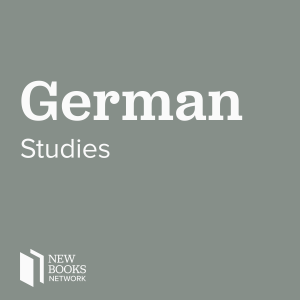
Sean Forner, “German Intellectuals and the Challenge of Democratic Renewal: Culture and Politics after 1945” (Cambridge University Press, 2014)
 2015-01-30
2015-01-30
The Federal Republic of Germany is often held up today as one of the world’s great democracies, where the commitment to such ideals as transparency, careful deliberation, social and political equality, a vibrant public sphere, and perhaps most important–political participation–defines the country’s self-image.
It was not ever so. In 1945, Germany lay in ruins, literally, not to mention ethically and existentially. And much of its population, in that moment, given the chance, would very likely have chosen to return the Nazis to power.
Sean Forner is Associate Professor of History at Michigan State University. His book, German Intellectuals and the Challenge of Democratic Renewal: Culture and Politics after 1945 (Cambridge University Press, 2014), deals with that moment in Germany just after the Second World War, when a network of individuals he calls engaged democrats emerged. These individuals occupied a range of political positions, but all shared a dream of a Germany that would be both committed to democracy, and beholden neither to West nor East. That part of their project–creating a Germany between the incipient polarities of the Cold War–was not to be, but the engaged democrats of the immediate post-1945 era are nonetheless a highly significant part of the transformation that arguably helped to create–or lay the foundations for–the Germany of today.
Learn more about your ad choices. Visit megaphone.fm/adchoices
Support our show by becoming a premium member! https://newbooksnetwork.supportingcast.fm/german-studies
More Episodes
Create your
podcast in
minutes
- Full-featured podcast site
- Unlimited storage and bandwidth
- Comprehensive podcast stats
- Distribute to Apple Podcasts, Spotify, and more
- Make money with your podcast
It is Free
- Privacy Policy
- Cookie Policy
- Terms of Use
- Consent Preferences
- Copyright © 2015-2024 Podbean.com






